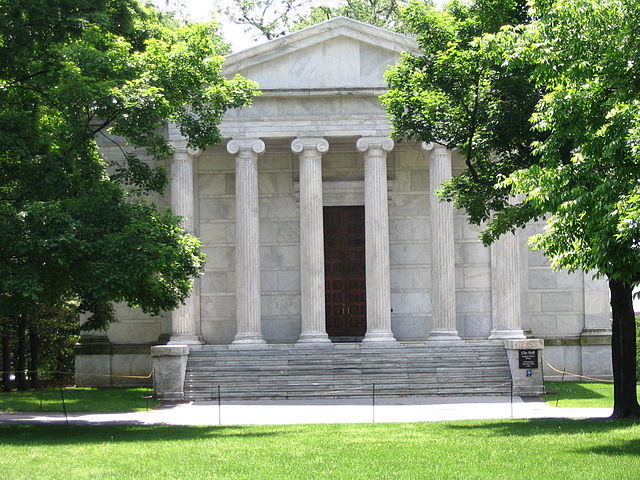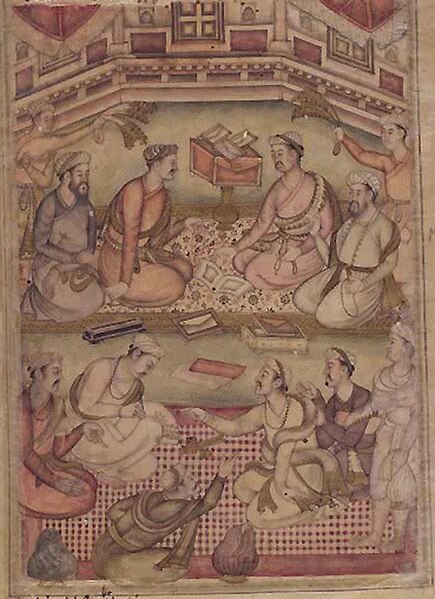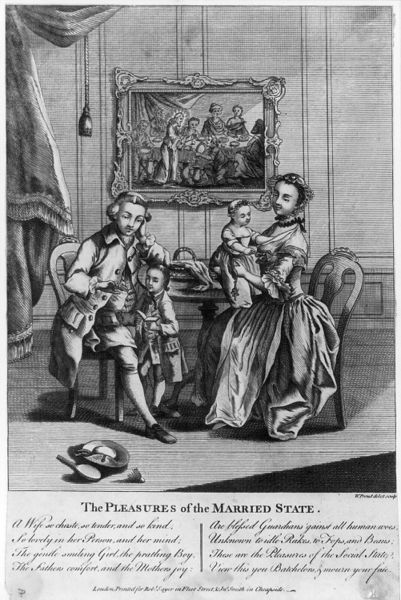American Whig–Cliosophic Society
The American Whig–Cliosophic Society, sometimes abbreviated as Whig-Clio, is a political, literary, and debating society at Princeton University and the oldest debate union in the United States. Its precursors, the American Whig Society and the Cliosophic Society, were founded at Princeton in 1769 and 1765 by James Madison, William Paterson, Oliver Ellsworth, and Aaron Burr.
Clio Hall at Princeton University
Samuel Alito '72, former captain of the Princeton Debate Panel
Adlai Stevenson II '22, an active member of the Whig Society and later recipient of the James Madison Award. The Princeton Debate Panel's annual collegiate tournament is named in his honor.
Debate is a process that involves formal discourse, discussion, and oral addresses on a particular topic or collection of topics, often with a moderator and an audience. In a debate, arguments are put forward for common opposing viewpoints. Debates have historically occurred in public meetings, academic institutions, debate halls, coffeehouses, competitions, and legislative assemblies. Debates have also been conducted for educational and recreational purposes, usually associated with educational establishments and debating societies. These debates emphasized logical consistency, factual accuracy, and emotional appeal to an audience. Modern forms of competitive debate also include rules for participants to discuss and decide upon the framework of the debates.
13th-century illustration of a Jew and a Christian debating in a work by the Jewish convert Petrus Alphonsi
A Debate among Scholars, Razmnama illustration
Debate Tonight: Whether a man's wig should be dressed with honey or mustard!, a 1795 cartoon satirizing the content of debates
Many subjects were debated in the London Debating Societies of the 18th century. This is a cover to a panegyric on marriage and family life, c. 1780.







